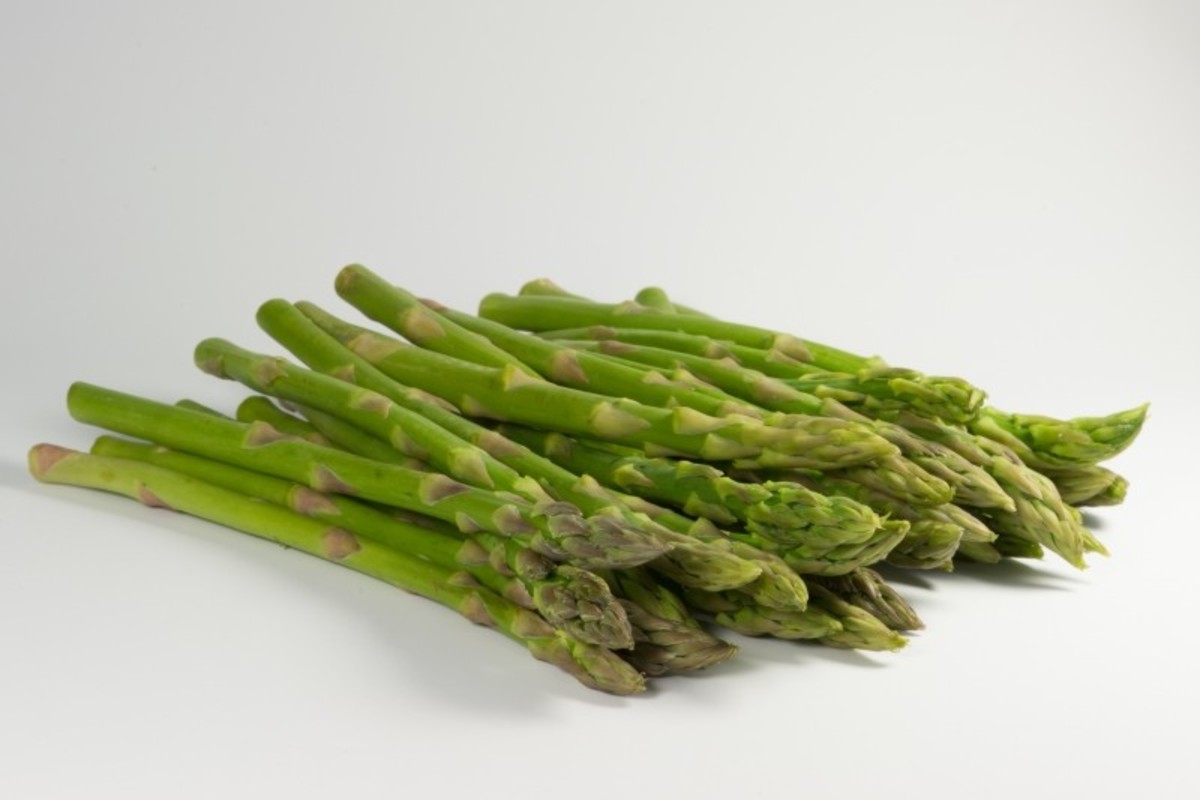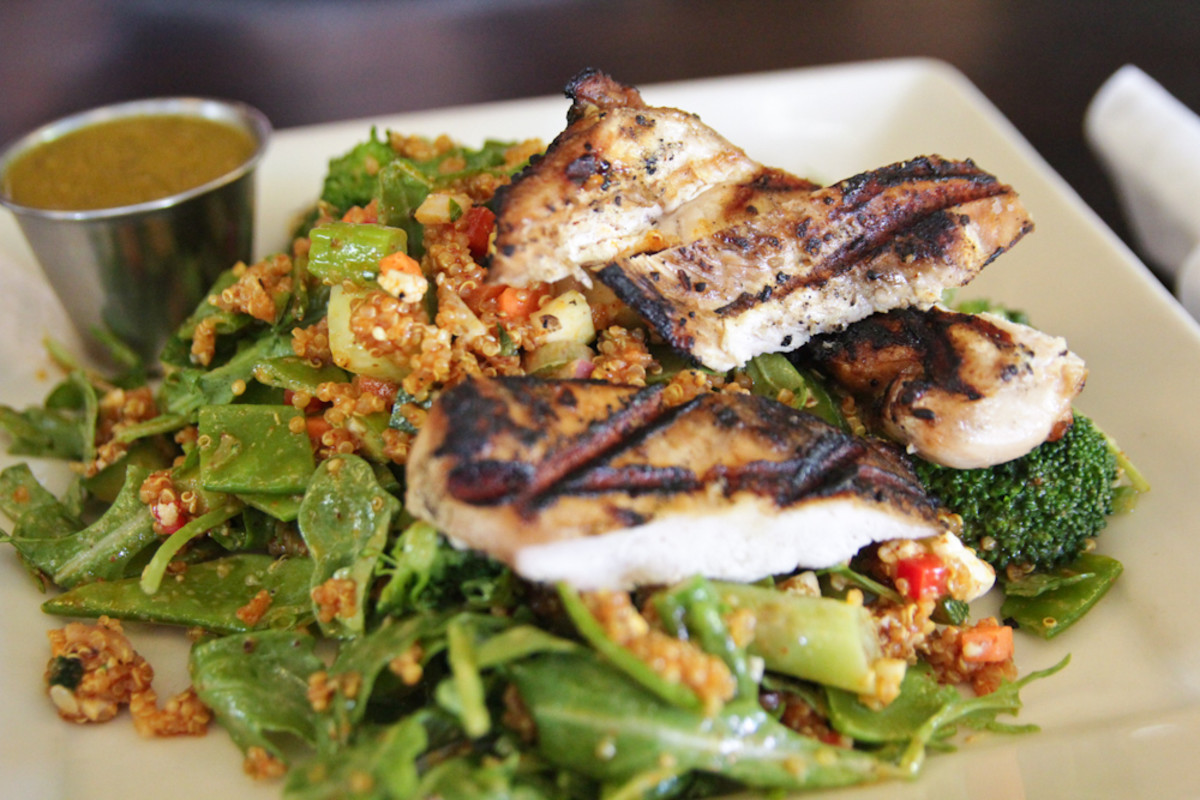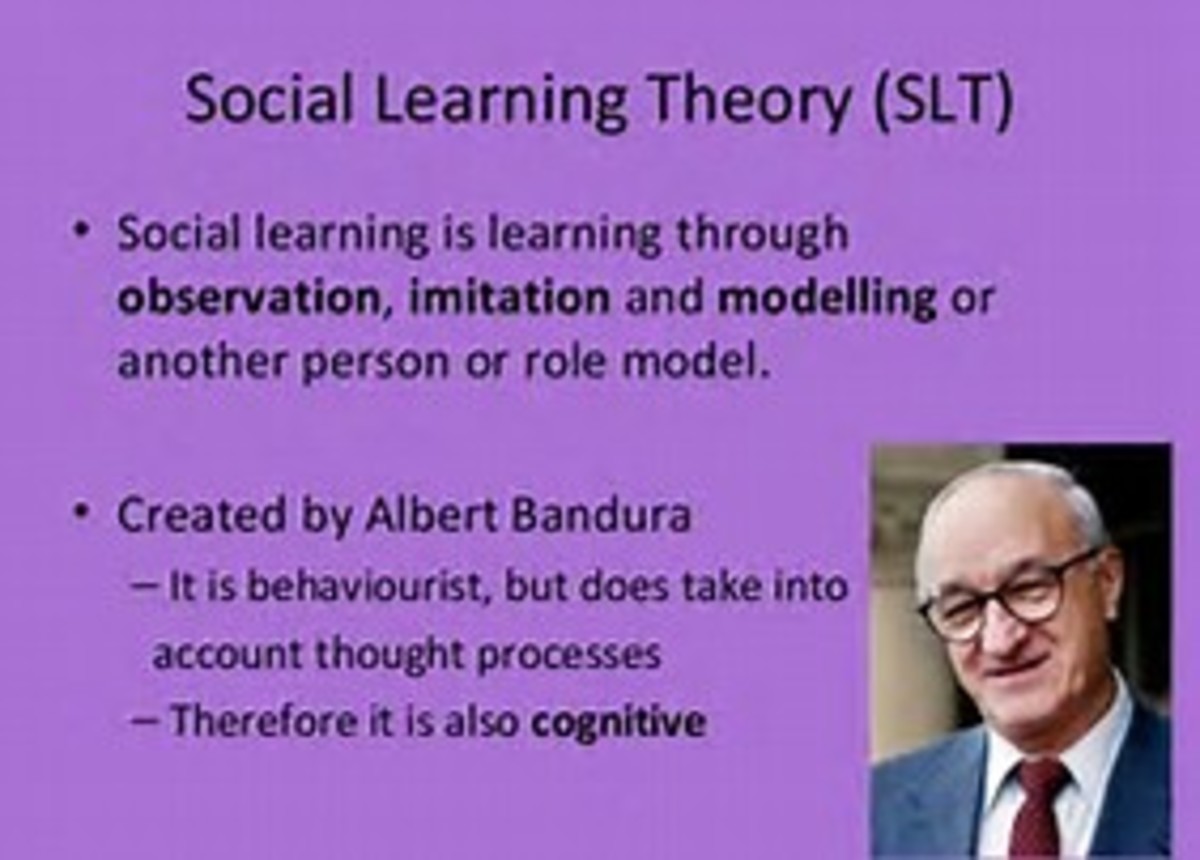Foods That Help Fight Depression and Anxiety
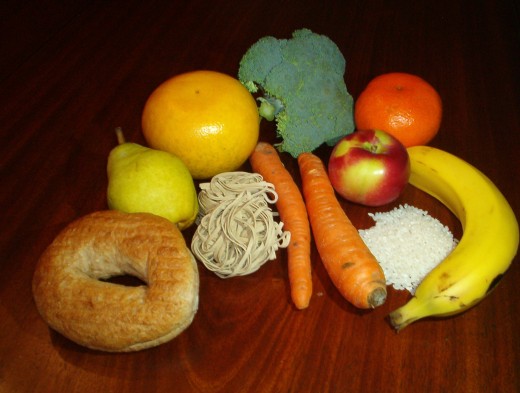
Nutrition plays a huge role in both physical and mental heath. In fact, a part of my own recovery from mild depression was changing my diet.
For many years, food was a source of comfort. But really, all the comfort foods I reached for just ended up making my condition worse. So along with medication and therapy, I decided to improve my daily eating plan.
Making slow and steady changes to my diet helped me feel better, sleep better, and deal better with other aspects of my healing.
A Balance of Healthy Foods
First, I got back to basics, consulting the USDA food plate to give me a starting point. Just measuring my daily diet against the recommended one was an eye-opener.
I was having too much protein, not enough fruits and vegetables, and practically no dairy - totally out of balance. Starting to Include foods from all the categories gave me a solid foundation to build on.
Folate-rich foods: dark green leafy veggies like romaine lettuce and spinach, also asparagus and broccoli, and parsley.
Vitamin D : fatty fish like tuna and mackerel, egg yolks and swiss cheese, and beef liver
Omega 3's : fish and fish oil, flaxseed
Antioxidants like Beta-carotene and Vitamins C & E: eating a wide variety of fruits and vegetables each day
Zinc : red meat, poultry, beans, nuts, and oysters
Selenium : Brazil nuts, tuna, and fortified bread products
Foods That Can Have a Positive Effect on Mental Health
Certain nutrients have been found to improve aspects from lowering cholesterol to encouraging new cell growth to stress reduction. Here is a sampling...
Note: Consult your doctor to get more complete information about which nutrients and what amounts will be the most help for you.
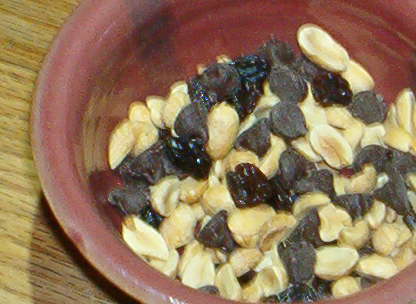
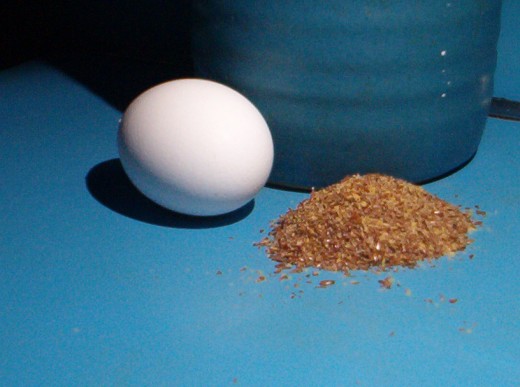
Amazon products for you
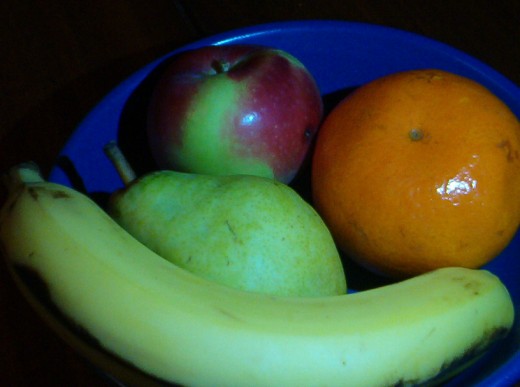
What Else Can Help?
Reduce Your Refined Sugar Consumption
I knew high amounts of sugar were a bad thing for my body, putting me at risk for obesity and diabetes and other health issues. But I had no clue about the potential harm I was doing to my brain. In fact, studies have revealed a probable connection between heart disease and depression.
Eliminating sugar completely seemed too overwhelming. So instead, I aimed for subbing fruit for for at least half of the refined sugar snack I was eating on a given day.
Take in Less Caffeine
As an adult, I became an avid coffee drinker. I liked the taste and the energy boost I got from it. However I eventually ended up in a vicious cycle of too much caffeine in my system leading to not enough sleep, then drinking more coffee to keep myself going.
Too much caffeine will interfere with deep sleep, which is vitally important for good mental and physical health. Start slow in cutting back, replacing some of your regular coffee for decaf and even trying herbal tea for a change.
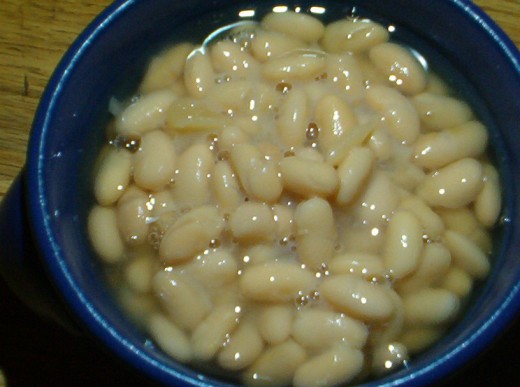
Lighten up Your Meals
I used to make lots of meals with red meat and heavy starches. But although we all need protein, there a lots of choices that offer the benefits without the extra fat or cholesterol. Fish beans, nuts, low-fat dairy, and even some vegetables can be good substitutes for meat.
Start Small
It's hard to instill a bunch of new habits when you're not feeling well. Do what you can, at a pace you can handle. And get some support as you begin - a good cheering section can give you encouragement and motivate you to keep going!


